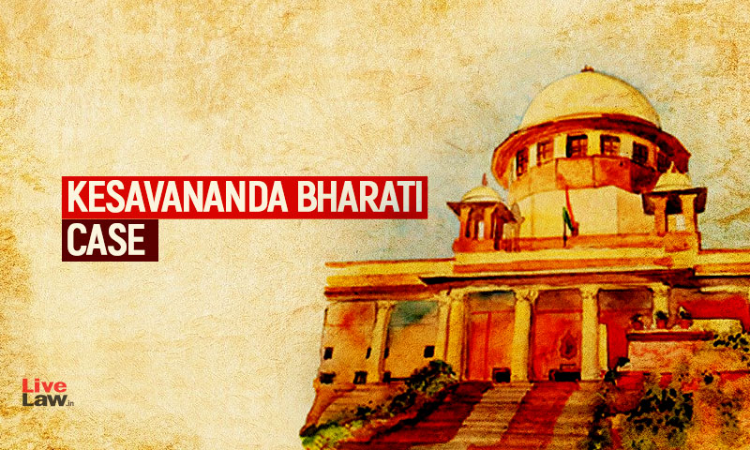50 Years Of Kesavananda Bharati Judgment| Supreme Court Releases Video Dedicated To The Historic Judgment
Sparsh Upadhyay
25 April 2023 3:17 PM IST

Next Story
25 April 2023 3:17 PM IST
On the 50th anniversary of the landmark judicial pronouncement in the Kesavananda Bharati case, the Supreme Court today released a video dedicated to the historic 1973 Fundamental Rights case. The video provides the viewers with the details of the case background, key legal issues involved, the judges who presided over the bench, the advocates who appeared in the case, arguments made...
